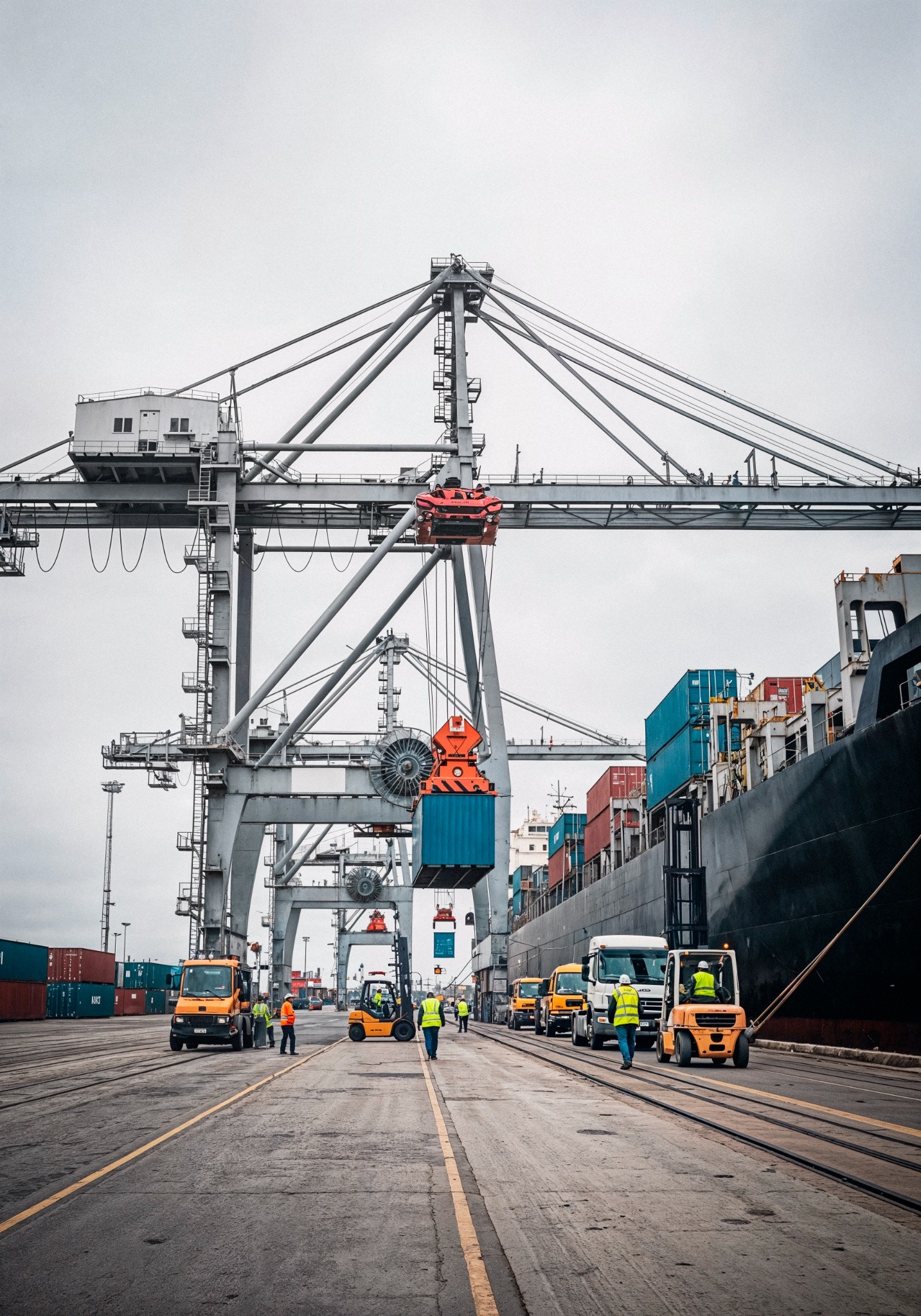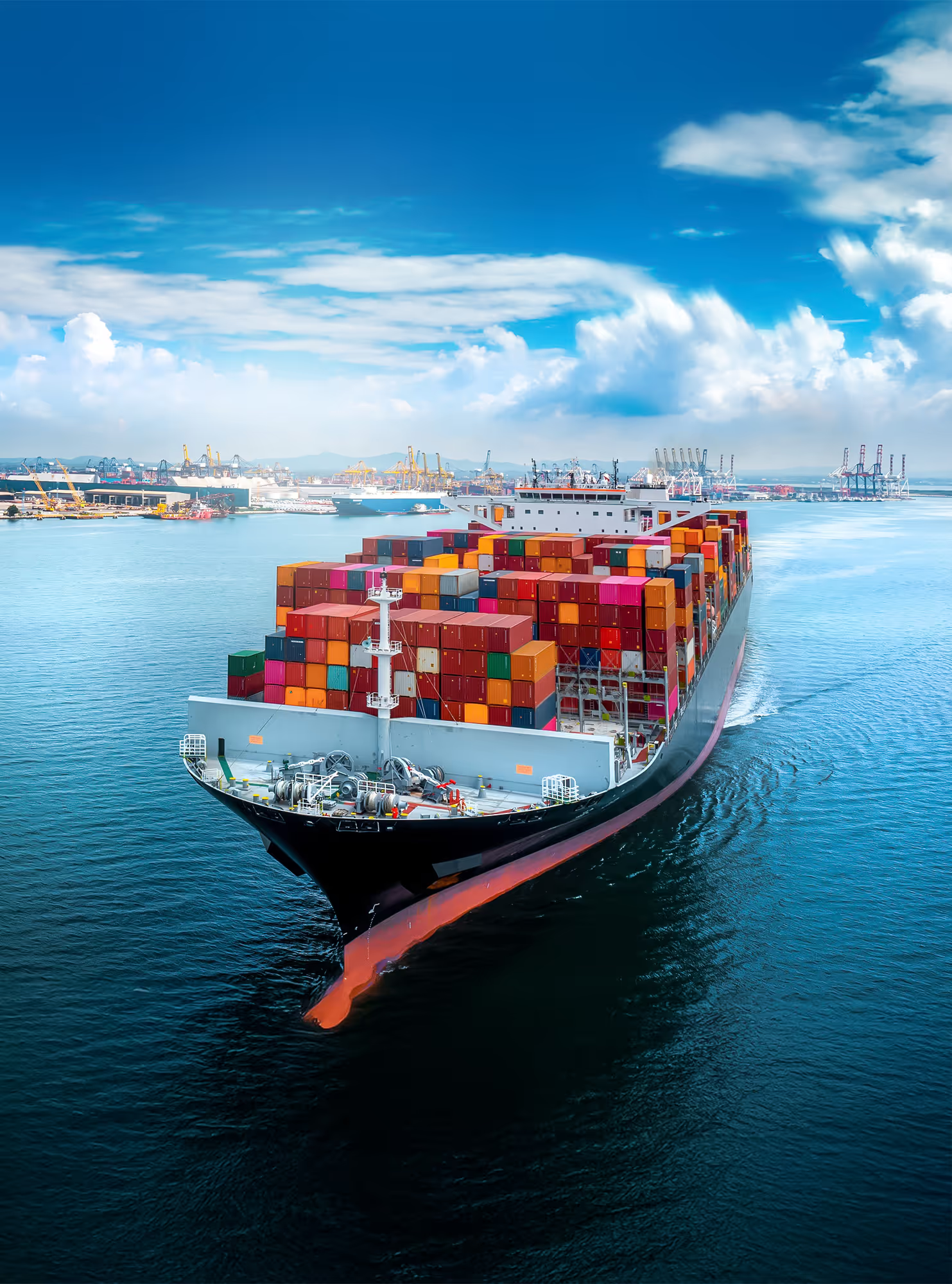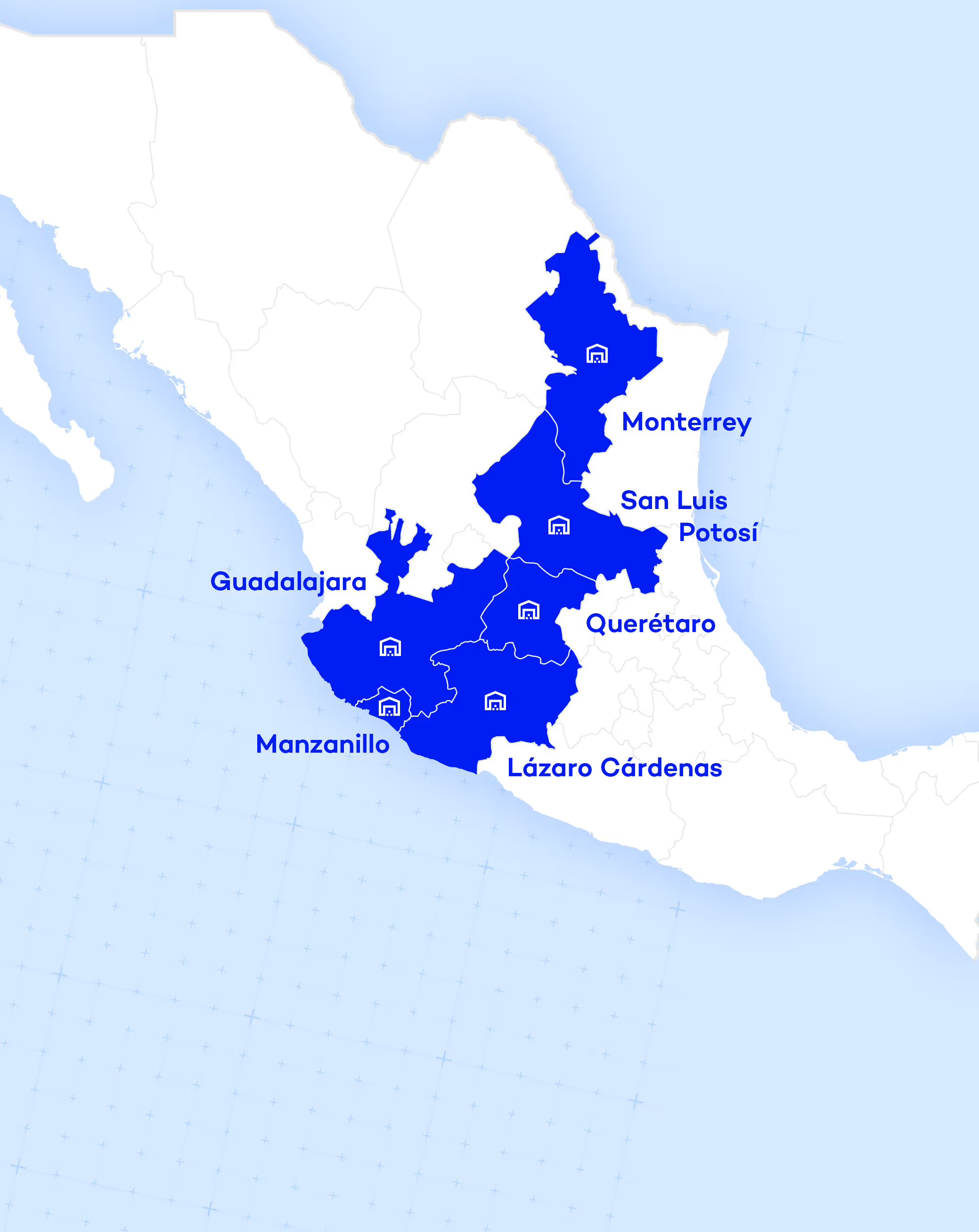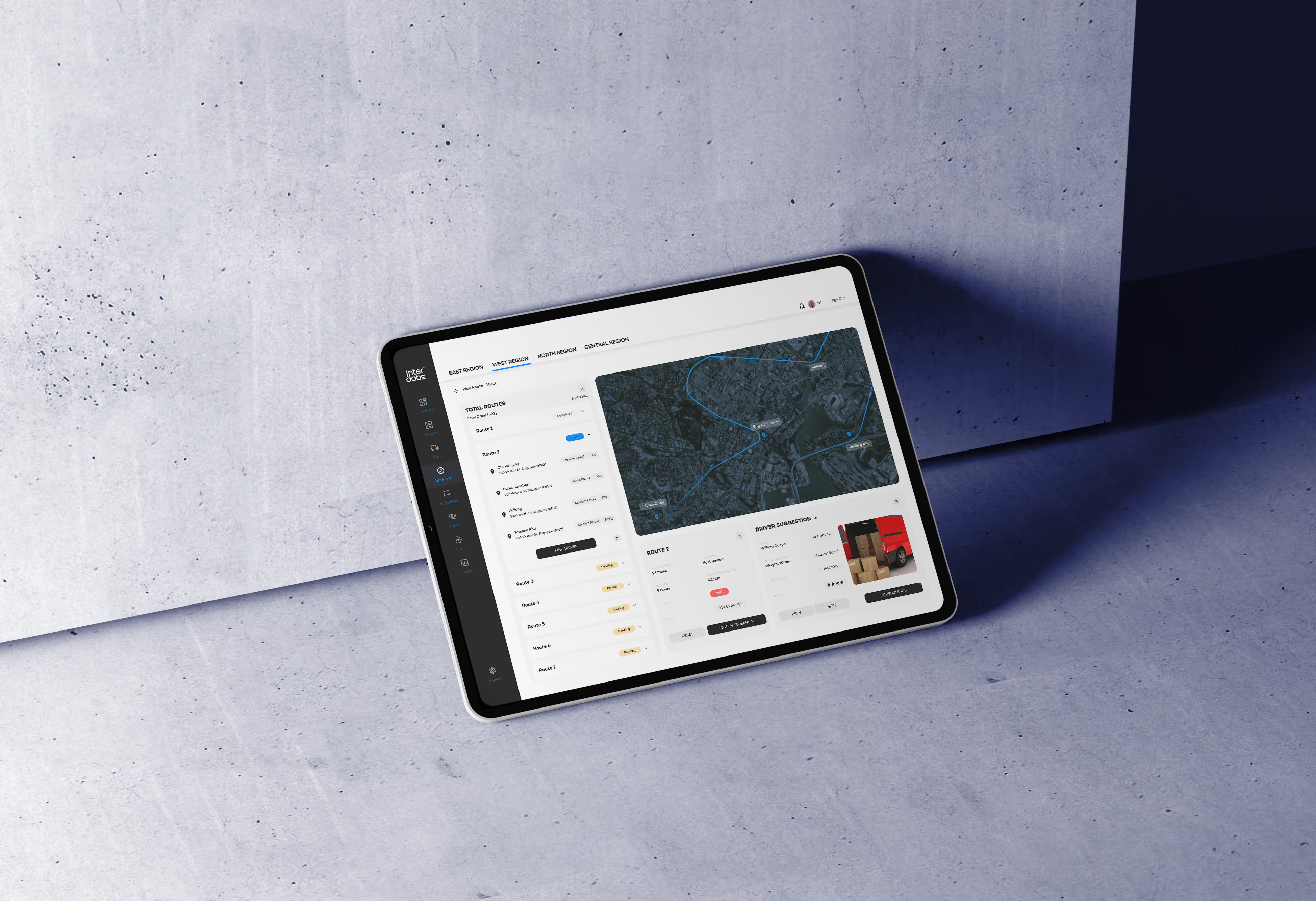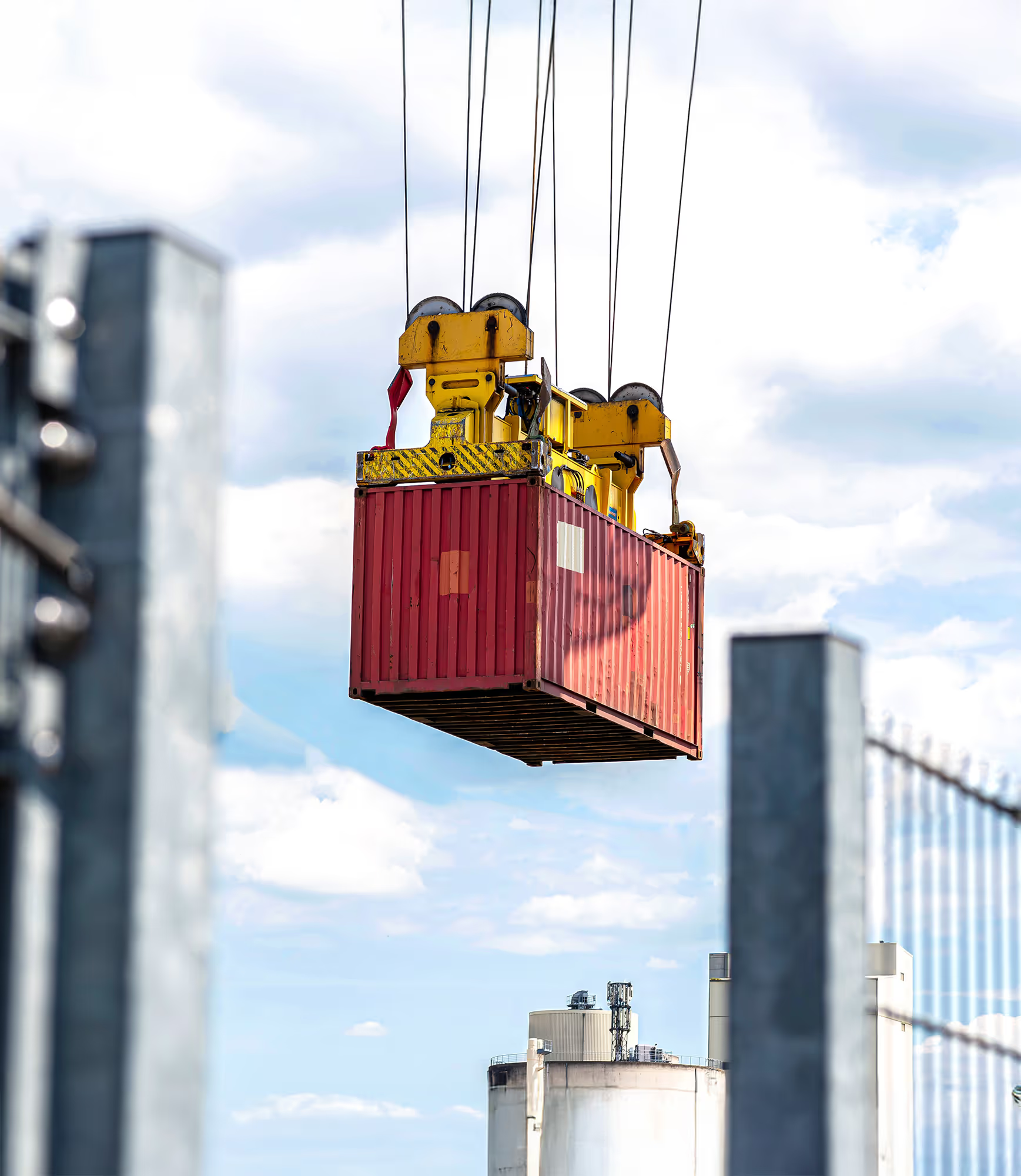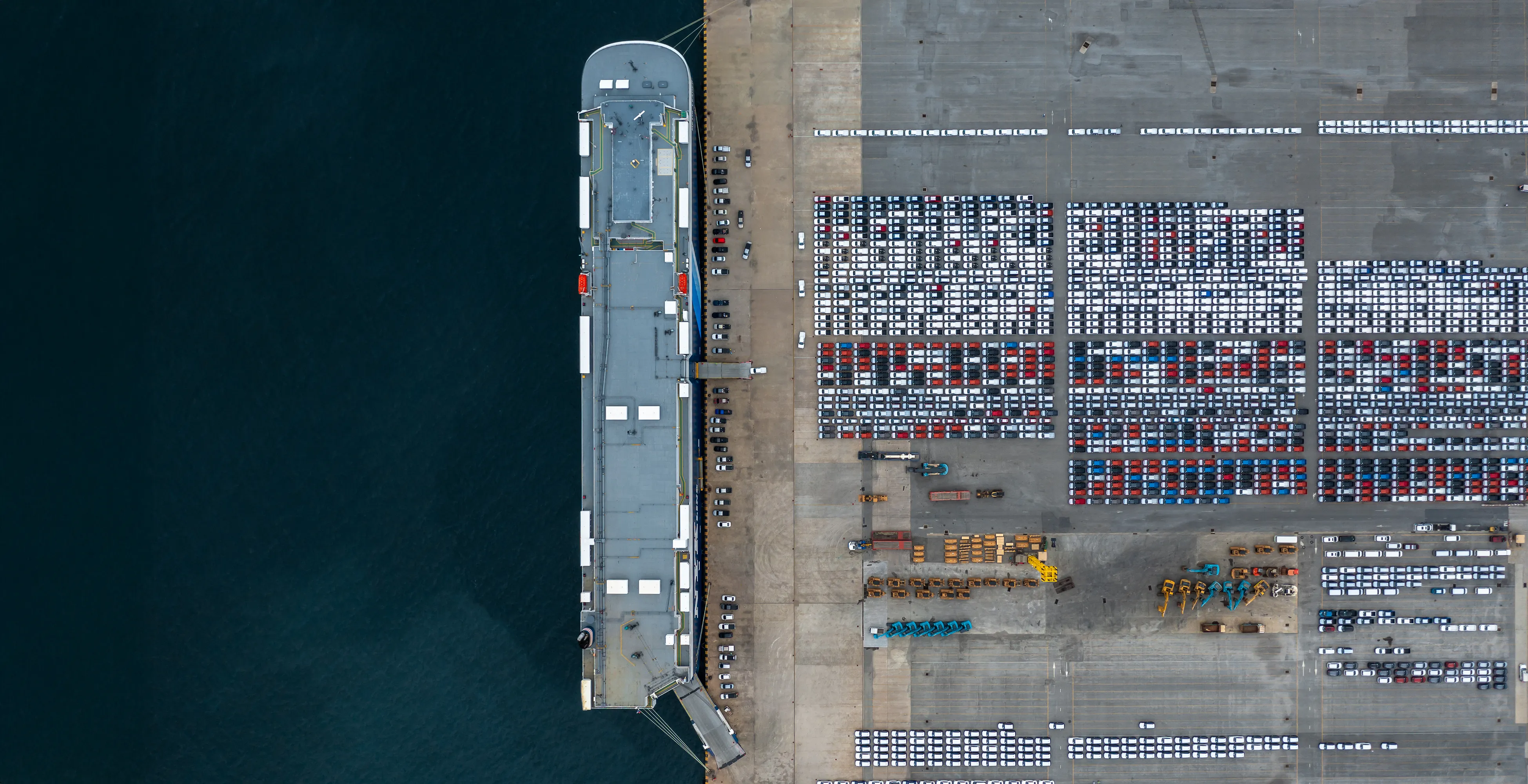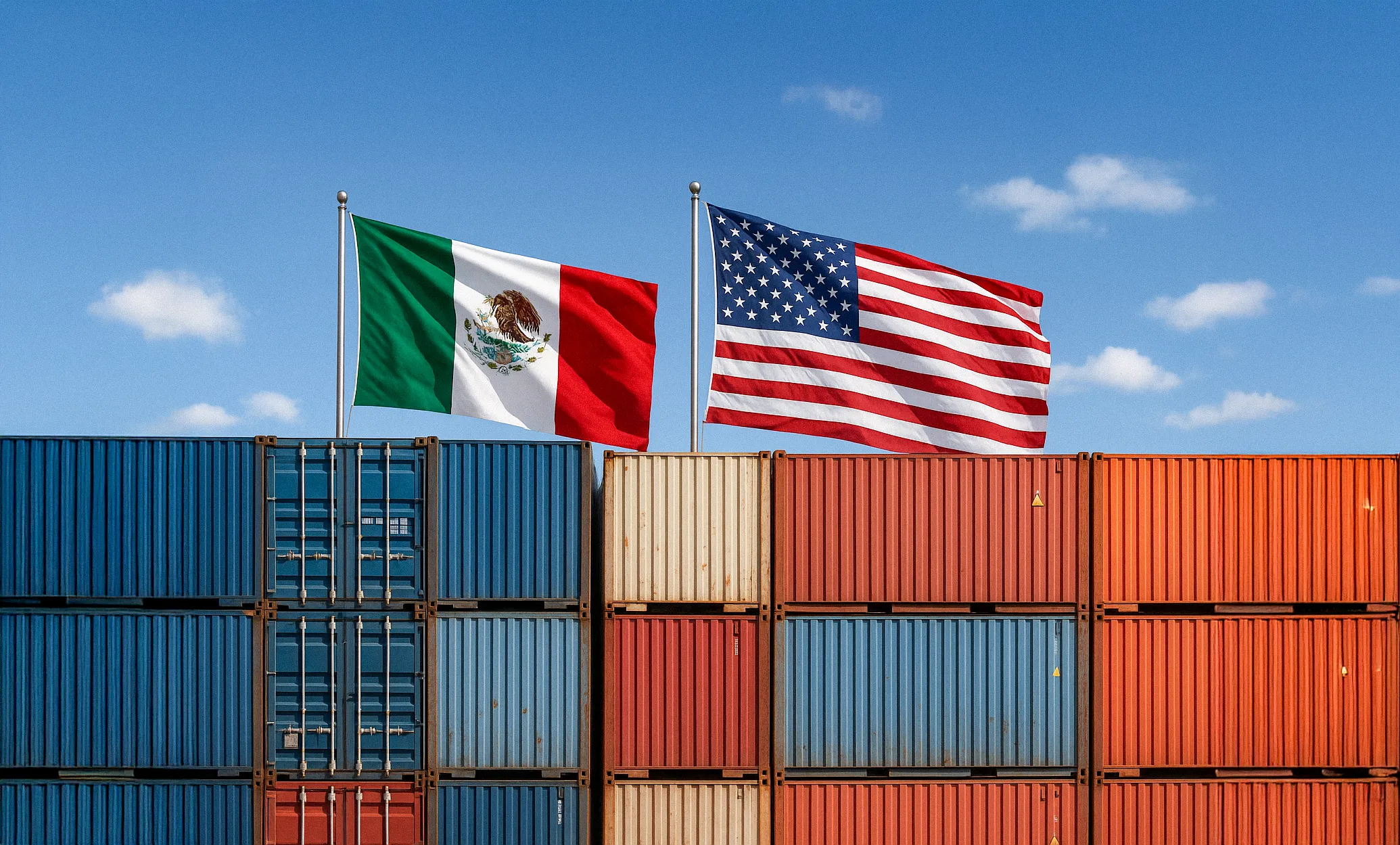Understand what Incoterms® are and why they are essential in international contracts
Incoterms, short for International Commercial Terms, are standardized international rules that define the obligations of buyers and sellers in contracts for the international sale of goods. Created and updated by the International Chamber of Commerce (ICC) since 1936 (latest version 2020), they act as a common business language that allows companies around the world to uniformly understand how to distribute costs, risks and logistical responsibilities in a shipment. Although their use is voluntary and does not replace the law, their main advantage is Simplify in just 11 standardized terms, a complex set of contractual conditions, giving both parties certainty about what to expect. In essence, Incoterms regulate four basic aspects of an international sale: the delivery of the goods, the transfer of risk, the distribution of expenses and customs formalities, all without determining the price or the form of payment (aspects that are fixed separately in the contract).
What are Incoterms®?
Los Incoterms are three-letter commercial terms (for example, FOB, CIF, DAP) recognized worldwide to specify How far does the seller's responsibility go and where does the buyer's responsibility begin in the international movement of goods. By means of these rules, the parties agree Who bears the costs of transportation, insurance, tariffs and other formalities, and at what point are the risks transferred of damage or loss of the goods from the seller to the buyer.
Each Incoterm also includes a geographical location (for example, FCA Shanghai), which indicates the exact point where the cargo will be delivered and obligations will be transferred. This makes it possible to establish precisely where the delivery is considered fulfilled by the supplier and who should contract the main transport or insurance, depending on the term chosen. They currently exist 11 Incoterms (2020 version) in force, identified by three-letter abbreviations in English. Four of them apply exclusively to maritime or river transport (FAS, FOB, CFR, CIF), while the other seven can be used in any mode of transport (land, air, sea or multimodal). For example, EXW (Ex Works - In Factory) indicates that the seller delivers the merchandise to its facilities and it is the buyer who assumes all costs and risks from there; on the other hand DDP (Delivered Duty Paid) means that the seller takes care of everything up to the destination country, including importation and tariffs.
It is important to note that Incoterms do not regulate the transfer of ownership of merchandise or forms of payment, nor do they exempt parties from complying with local laws, but they complement The contract of buying and selling defining key logistical aspects. In practice, Incoterms have become essential in daily foreign trade. They are integrated into commercial and customs documents such as invoices, purchase orders, letters of credit and import/export orders. In fact, most international transactions use one of these terms; for example, EXW, FOB, CFR and CIF are among the most used Incoterms globally. Its acceptance is such that even international conventions, such as 1980 Vienna Convention (CISG), recognize that the parties may refer to Incoterms clauses to define the point of transfer of risk in the contract, which prevail over the supplementary rules of that convention. In short, Incoterms work as universal rules that provide legal and operational certainty in international transactions, making it easier for each party to know exactly their logistical obligations and avoiding confusion despite differences in languages or local regulations.

Key Benefits of Using Incoterms
Proper use of Incoterms provides multiple benefits for both the exporting and importing companies:
Clarity in costs and responsibilities:
Define in form clear and standard Who pays for the main transport, insurance, procedures for Customs of export and import, and At what point are risks transferred of the load. This eliminates ambiguities about logistics costs, avoiding later surprises about who covered, for example, ocean freight or merchandise insurance.
Reduction of legal conflicts:
By making explicit the obligations of each party, avoid misunderstandings which could lead to contractual disputes or even fines for non-compliance. Incoterms act as internationally accepted “rules of the game”, significantly reducing the chances of costly litigation over different interpretations. Each party knows how far their responsibility goes, what Prevents disputes for hidden costs or unforeseen delays.
Logistical Efficiency and Regulatory Compliance:
They favor a logistic planning more efficient, since buyer and seller can coordinate transportation, insurance and documentation in advance as agreed. This optimizes resources (avoiding duplication of insurance, for example) and contributes to compliance with international regulations of commerce. By delimiting who will manage procedures such as export or import, it is ensured that the operation complies with customs and security regulations in each country involved, minimizing risks of border delays or sanctions for administrative offenses.
In short, Incoterms provide security and transparency to international transactions. By facilitating the allocation of costs and risks, they make it possible to calculate more accurate and comparable prices between offers from different suppliers. They also protect the business relationship by avoiding friction: a well-chosen contract with Incoterm tends to be executed without surprises, strengthening trust between the parties. It is no coincidence that they have become a pillar of global logistics and an indispensable part of the management strategy for any company involved in foreign trade or 4PL logistics.
Incoterms in current logistics: forwarders, 4PL and Nearshoring
In the modern logistics environment, the use of Incoterms is more relevant than ever. Various actors in the supply chain (freight forwarders, 3PL/4PL logistics operators, customs agents, insurance companies and banks) rely on Incoterms to coordinate their activities. For example, a Freight forwarder will organize international transport according to whether the sale is FOB (where the buyer contracts the freight) or CIF (where the seller has already paid for it).
An operator 4PL If you fully manage a company's logistics chain, you must know if you must contract transport and insurance (in the case of an Incoterm C or D) or if these tasks are up to the customer. Thus, even if logistics are outsourced, the correct choice of Incoterm remains critical: it defines the scope of the logistics provider's service and avoids duplicate costs or liability gaps.
On the other hand, Incoterms make it possible to adapt to special loads or complex projects. In shipments of heavy machinery or project loads that require special vessels, such as ships RoRo (Roll-on/roll-off, for rolling vehicles) or operations LoLo (Lift-on/lift-off, with cranes for non-rolling loads), an appropriate Incoterm will clarify who coordinates and pays for these specialized manipulations.
For example, when exporting bulky industrial equipment, use FCA (Free Carrier) instead of EXW, will force the seller to load the goods in the transport at origin, ensuring that they have the equipment to do so. Or if it sells DAP (Delivered at Place) certain machinery, the seller must even manage special transport to the destination point, including hiring suitable trucks, oversized cargo permits, etc. Choosing the right Incoterm for these cases avoids operational setbacks and distributes tasks appropriately: the party with the most experience in a certain logistics phase will assume that obligation, ensuring a successful delivery.

Nearshoring and increased trade in North America
The rise of Nearshoring (the relocation of production chains closer to the destination market) is strongly boosting trade between Mexico and North America, increasing the volume of international transactions that require clear Incoterms.
To measure the trend: in 2025 Mexico accounts for more than 72% of all business relocation projects in Latin America, and it is estimated that this phenomenon could add up to $64 billion in additional annual exports to Mexico. This accelerated regional integration (Mexico) was recently consolidated as the main business partner of the US, surpassing China in volume of exchanges) means thousands of new shipments crossing the border, many first-time foreign trade companies and increasing logistical complexity between countries.
In this context, correctly applying Incoterms to each contract is vital to avoid delays and unexpected costs at the border. For example, in low sales EXW O FCA from Mexico to the United States, the U.S. buyer (or their agent) must be responsible for international transportation and export customs clearance in Mexico, as established in these terms. If the parties do not define this in advance, there could be delays at customs because it is not clear who hires the carrier or who processes certain permits.
In the same way, terms such as DDP (delivery with taxes paid) may be very convenient for the foreign buyer, but they involve the Mexican seller taking over all import procedures into the United States; this should only be agreed if the exporter has the operational and legal capacity to import into the destination country (to be registered as an importer, to know local regulations, etc.). Thus, nearshoring makes more evident the importance of choosing Incoterms suitable for each situation, since an error would result in halted supply chains, logistical overruns or even loss of competitiveness in the North American market.
In short, in a region moving towards more integrated regional supply chains, Incoterms provide a common structure for companies in Mexico, the United States and Canada (North America) to understand their reciprocal obligations. This facilitates agile and frictionless collaboration, as required by the model Just-in-time that many industries adopt. Efficient logistics is a key factor in successful nearshoring, and defining precise Incoterms is one of the first strategic decisions to achieve it.
{{4pl}}
How to properly integrate them into a contract?
Implementing Incoterms in your international sales contracts is simple, but requires attention to detail. Below are the key steps for integrate an Incoterm® in an appropriate way:
Select the appropriate Incoterm for your operation:
Analyze the conditions of the sale and the type of product to choose the term that best suits you. Ask yourself who can best manage main transport and paperwork: the seller or the buyer? For example, if you have extensive logistics experience and better transport rates, you may want to agree on a term Group E or F (e.g. EXW or FOB) where you (buyer) assume the main coordination.
On the other hand, if you are the seller and you want to offer a full service to your destination, choose a Group D (e.g. DAP or DDP) could attract the buyer by freeing them from management. Make sure that the chosen Incoterm is valid for the required mode of transport: for example, FOB, CFR and CIF are only used in maritime or river transport, not for air or land transport.
If your shipment is in a container by ship, you might prefer FCA charging port instead of FOB, since FOB is technically applied when the merchandise crosses the ship's board. Choosing the correct term avoids assigning impossible responsibilities (such as requiring the seller to deliver “on board” when it comes to air cargo, in which case it would apply) FCA airport). If in doubt, consult your freight forwarder or a foreign trade expert which Incoterm best aligns with your logistics and business objectives.
Specify the Incoterm in the contract, indicating the exact version and location:
It's crucial document the agreed term in writing in your international sales contract (or purchase order), including the applicable edition of Incoterms (for example, “FOB Shanghai, Incoterms® 2020"). You should always indicate the relevant city or port and the year of the current version.
This precision avoids misinterpretations, since obligations may change between different editions (Incoterms 2010 vs 2020, for example). Failure to indicate the year could lead to disputes over which rules to apply. It also defines as clearly as possible the delivery point within the venue: if it is FCA or FOB, it specifies the port or terminal; if it is DAP or DDP, it indicates the destination address or city.
An imprecise location (e.g. “DAP Mexico”) leaves room for confusion as to how far the seller should take the goods. Instead, a well-drafted clause, for example “CIF Port of Valencia, Incoterms® 2020", makes it clear that the seller pays for cost, insurance and freight to Valencia under the 2020 rules, and that thereafter the risk lies with the buyer. This practice of contract clarity is aligned with international recommendations and is essential for all parties (including third parties such as insurers or banks) to operate under the same assumptions.
Adjust logistics and financial processes according to the agreed Incoterm:
Once included in the contract, Communicate the agreed Incoterm to your internal teams — particularly in the area of logistics/transport, foreign trade and finance.
Each department must understand its tasks according to the term: for example, if you sell under CIF you will have to take out international cargo insurance for the buyer to the port of destination (obligation imposed by CIF); if you buy under EXW, you must organize the collection from the supplier's factory and carry out the customs export clearance at the source; if you agreed on a DDP, your financial area must provide for the payment of import duties in the destination country, since the seller will assume them and then possibly affect them on the price.
Each Incoterm defines a different distribution of costs: make sure your accounting team knows, for example, that it is low FOB No international freight will be included in the value of the invoice, while under CIF yes. Likewise, the logistics area must coordinate with the Forwarder or customs broker as appropriate: in an FOB export, you as the seller will provide the export documents to the buyer so that he can hire the vessel; in a DAP, you will be the one who chooses and manages the carrier to the customer's door.
All these adjustments ensure that the execution of the operation flows without obstacles or cost overruns. Also remember to include the selected Incoterm in the commercial and customs documents transaction key (commercial invoice, bill of lading, insurance policy, customs documentation). In Mexico, for example, the Foreign Trade Supplement of the electronic CFDI requests to indicate the Incoterm of the transaction, which reflects its importance for the calculation of the customs value and tax management.
Finally, keep a open communication with your commercial counterpart regarding the Incoterm. If any particular non-standard condition arises (for example, that the buyer wants to take on additional insurance even if the term does not require it, or that the seller needs to charge a fee to load the truck into EXW), include it explicitly in the contract to avoid ambiguities. Incoterms cover a large part of the common situations, but it is the responsibility of the parties to ensure that any additional details are clear in writing.
📌 In InterDabs, we advise you to choose and correctly apply the Incoterm® that best suits your international logistics operation. Our team of experts in 4PL logistics And foreign trade can help you optimize your global sales contracts, minimizing risks and ensuring smooth deliveries.
{{asesoria}}
Everything your logistics needs





